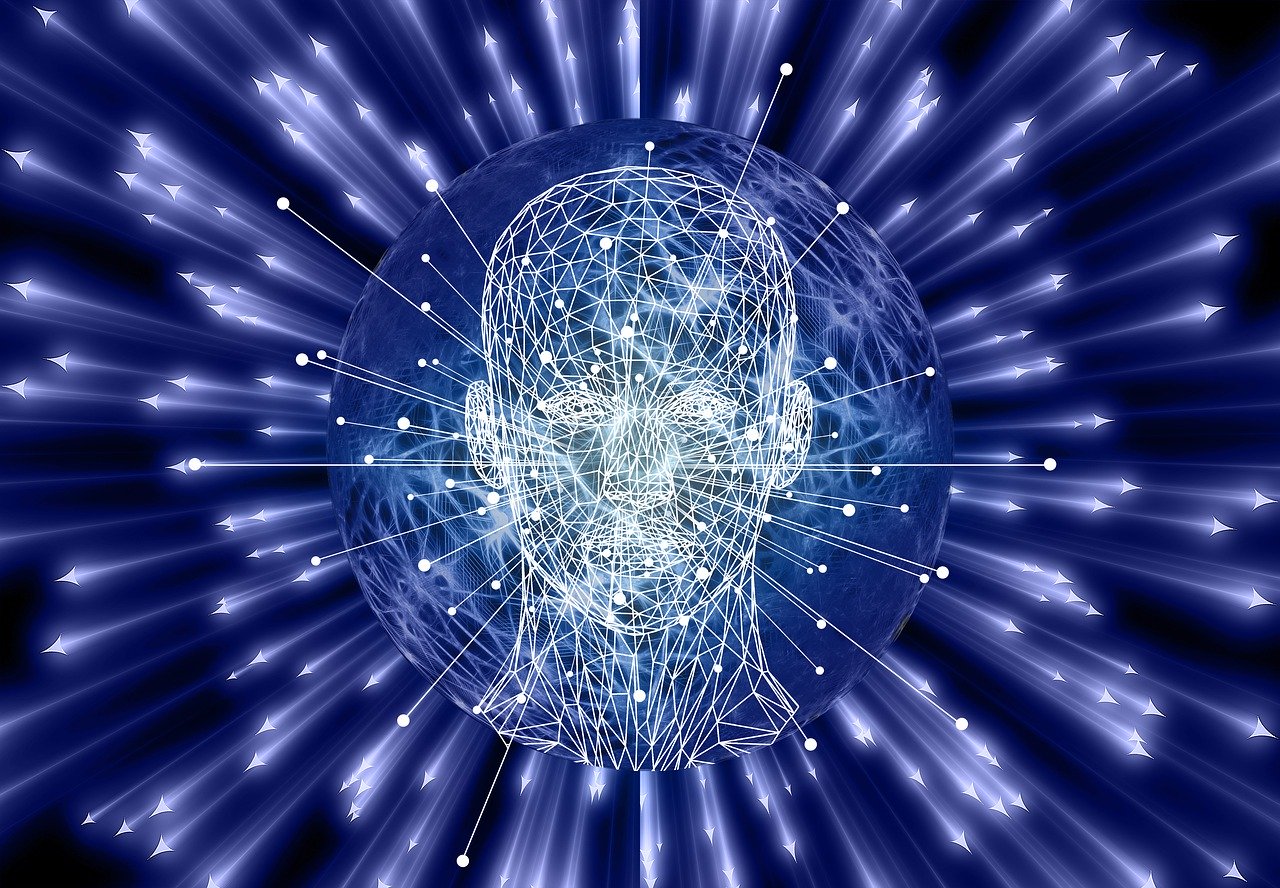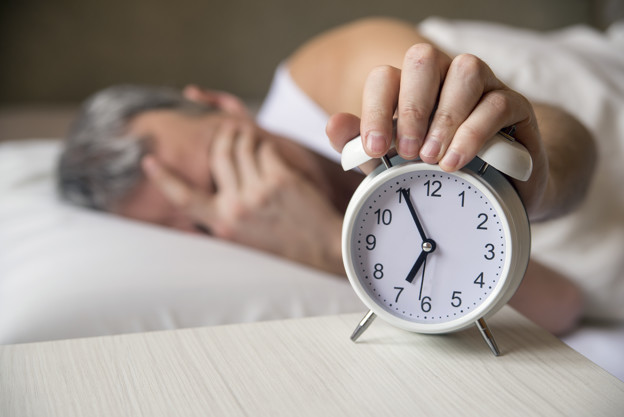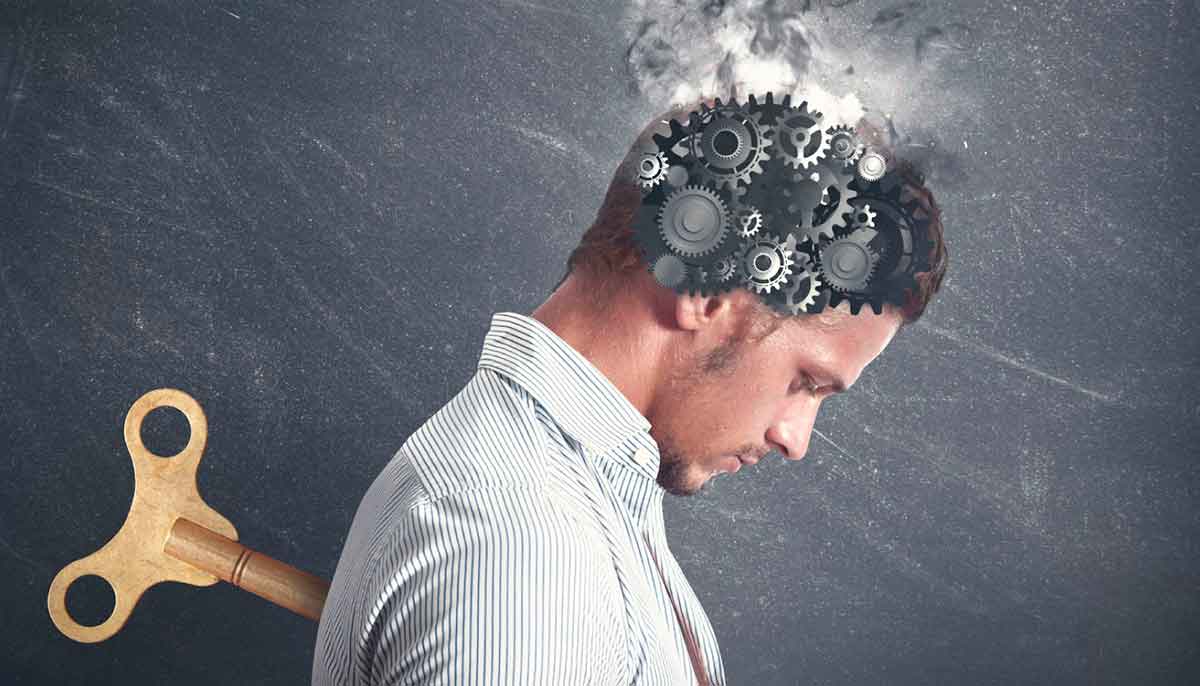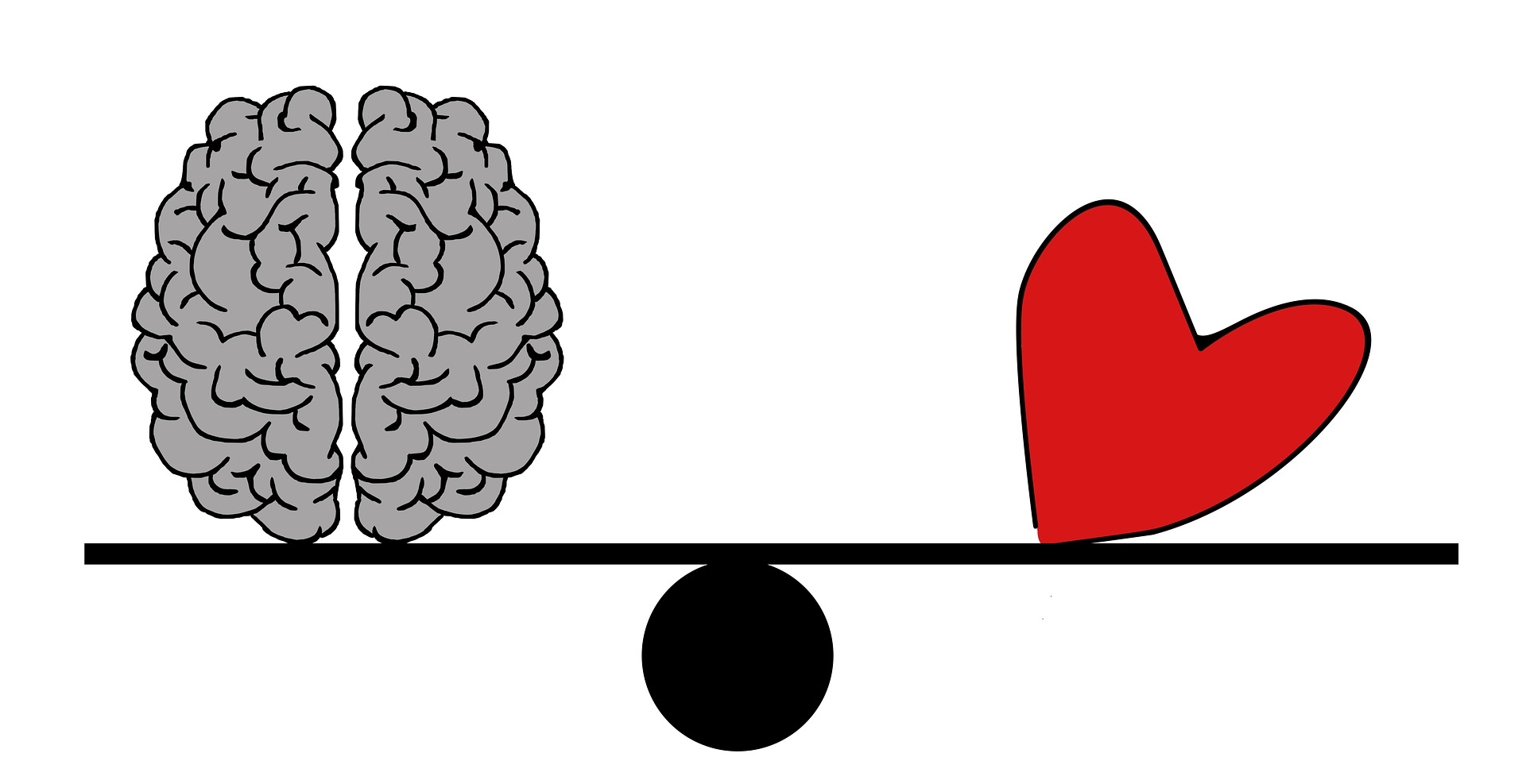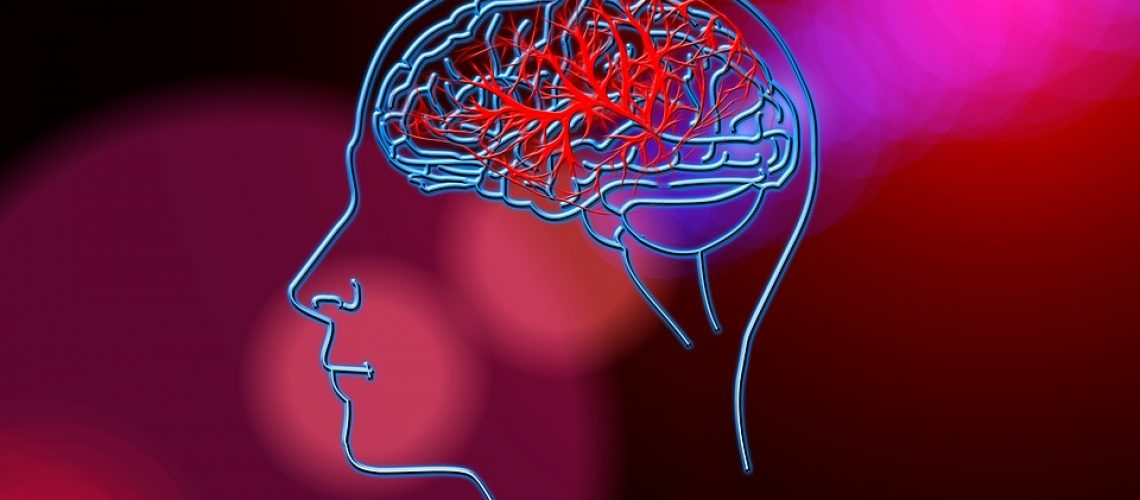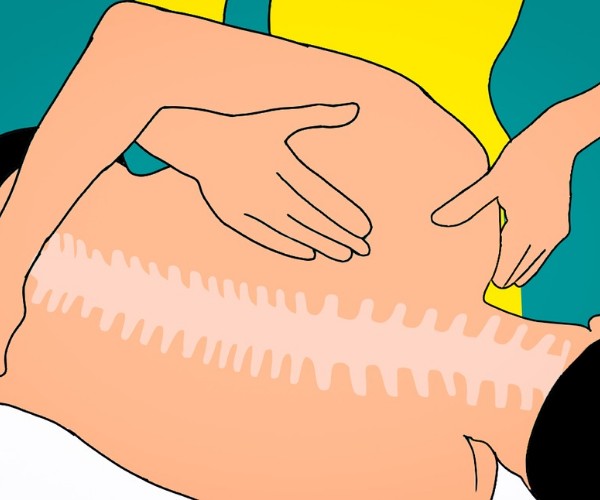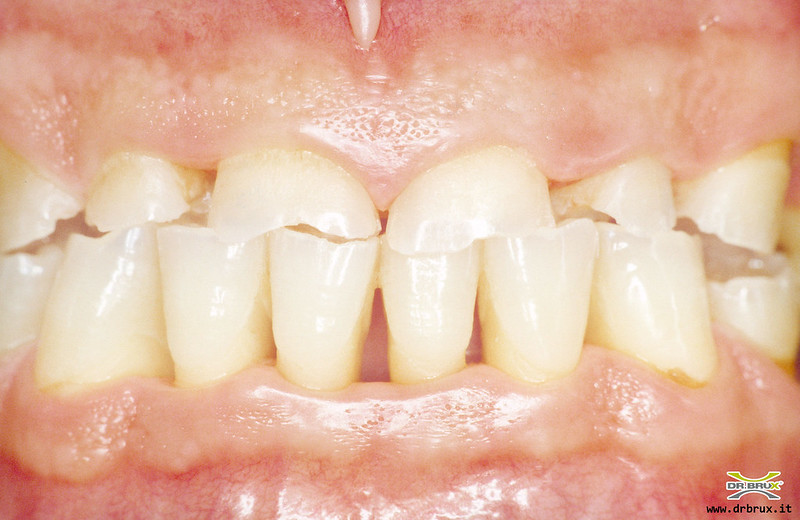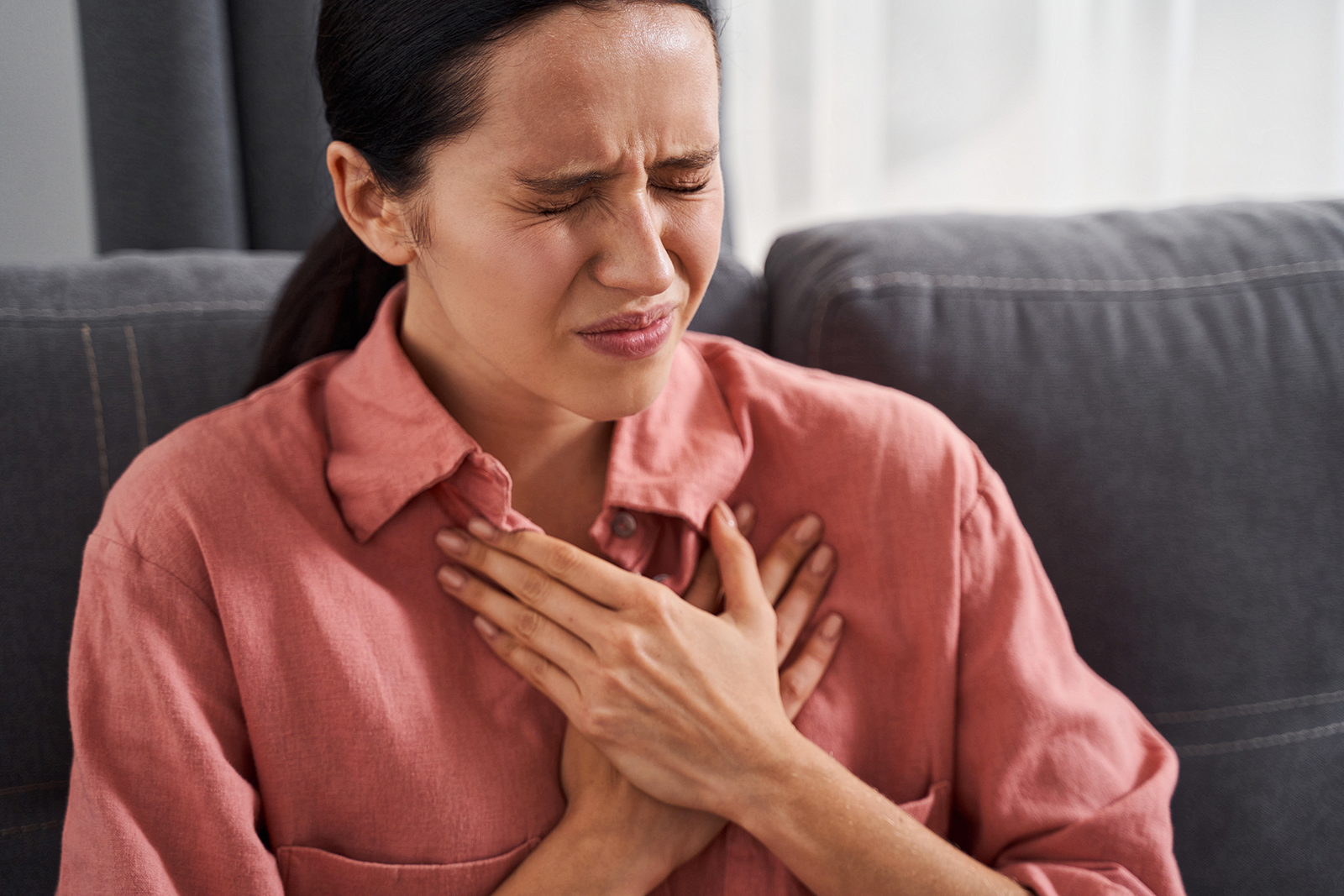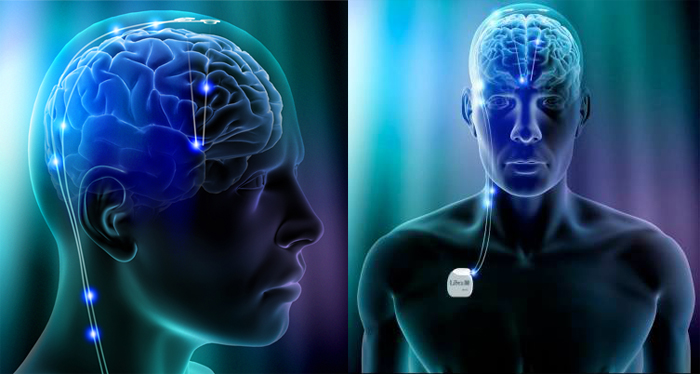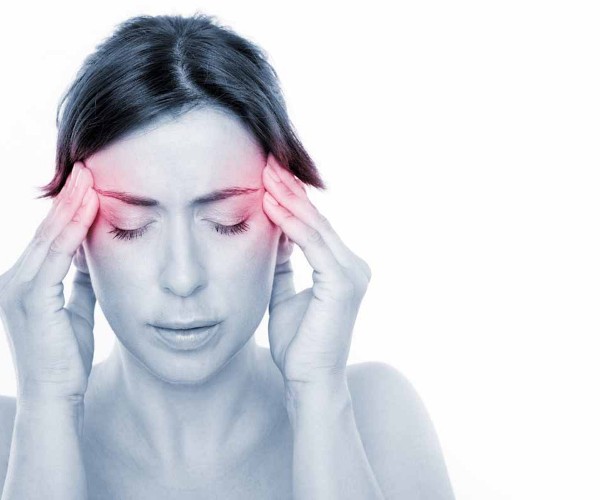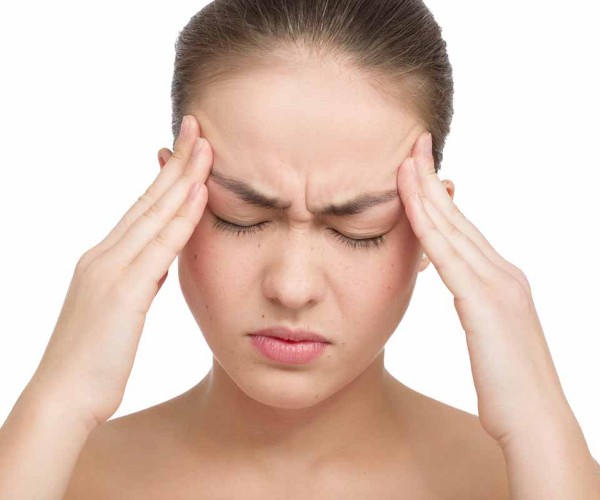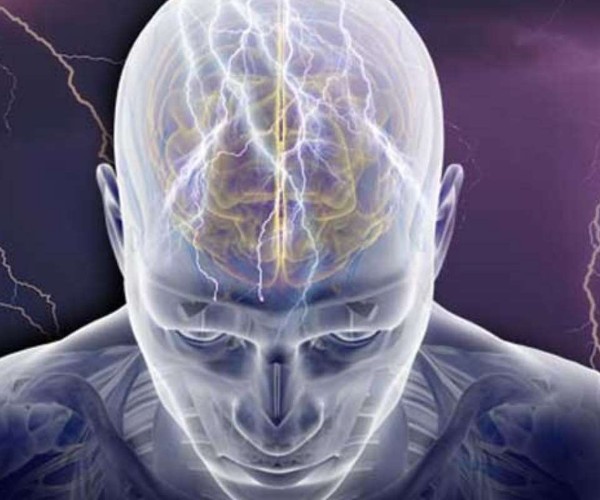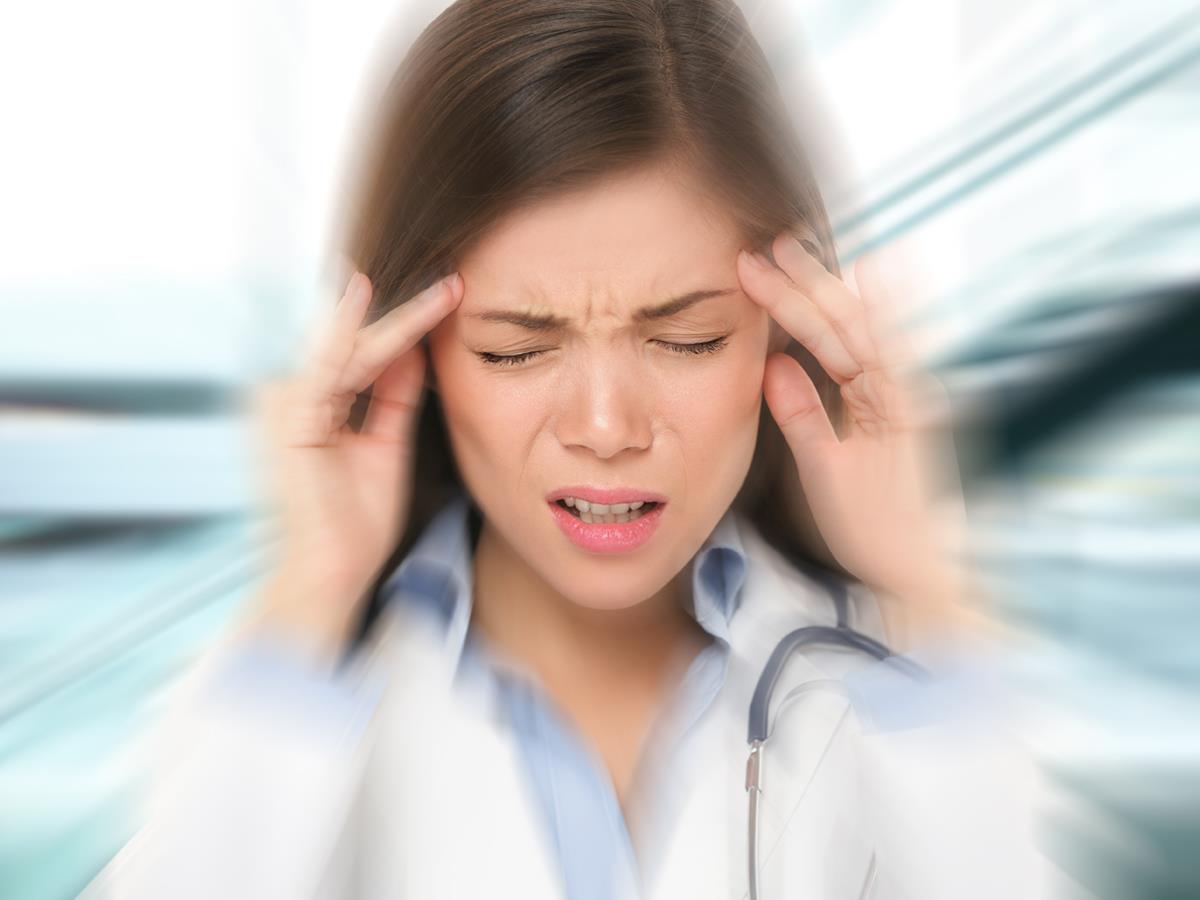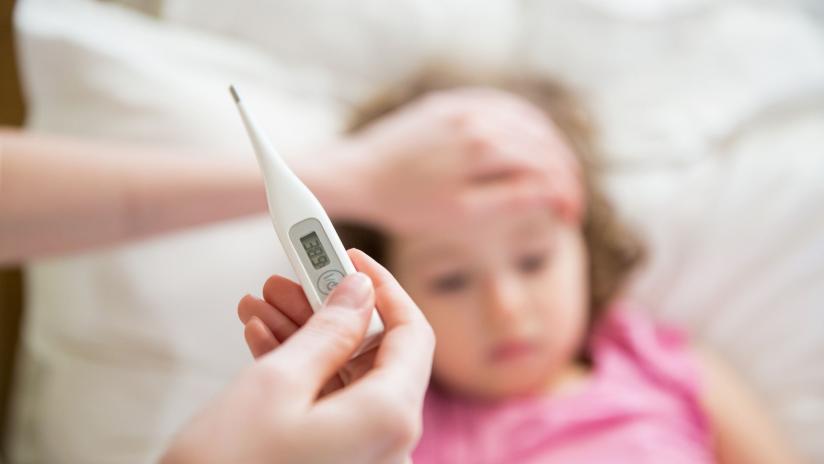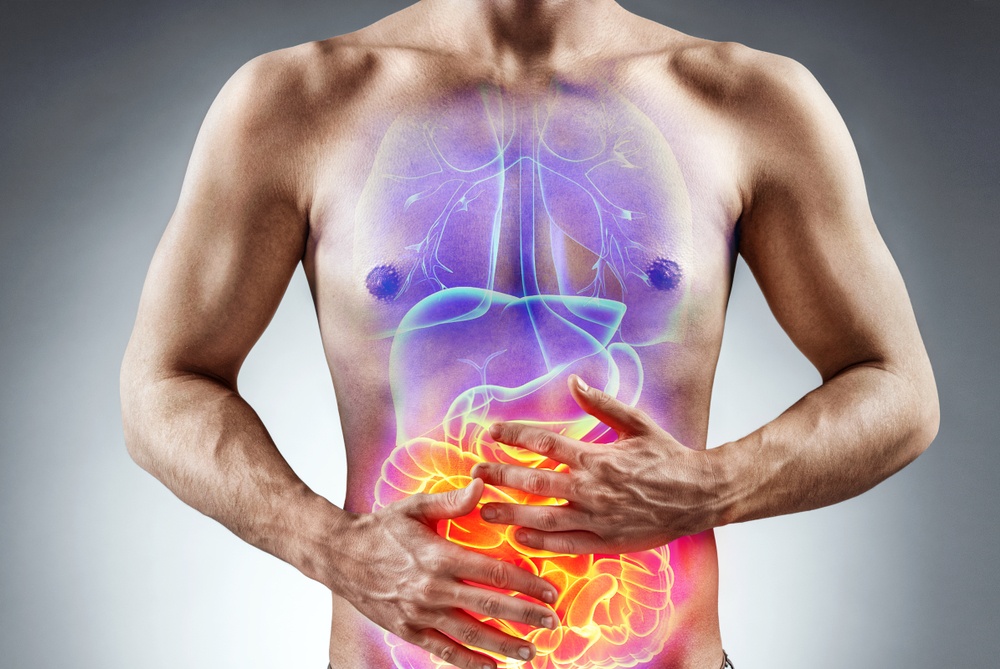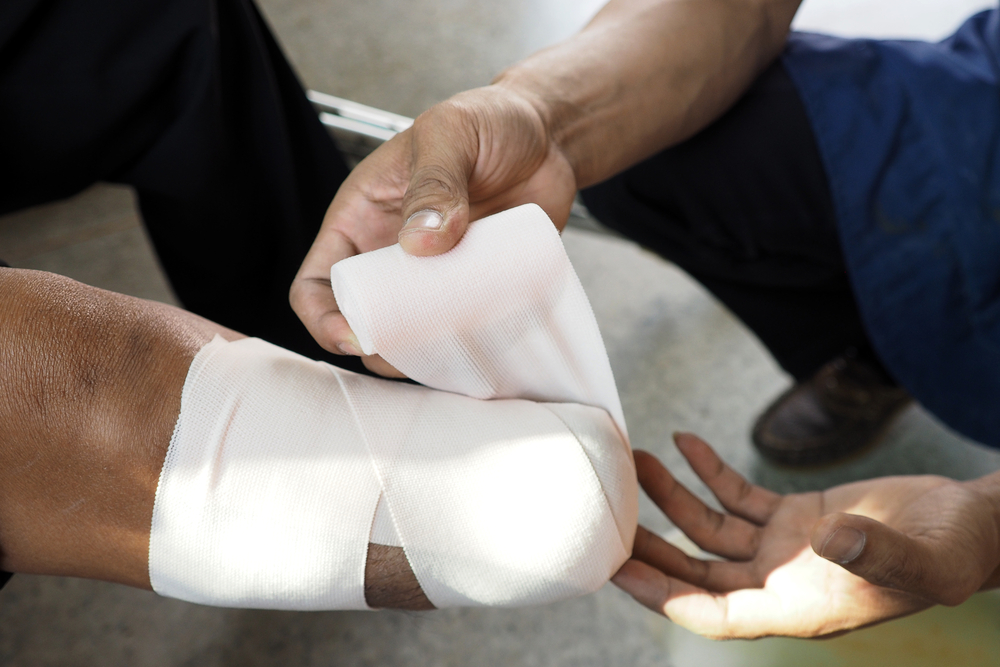Stroke is a life-threatening emergency. It occurs when a blood vessel in the brain ruptures or becomes obstructed, due to a blood clot. In this case, the brain does not receive the blood flow it needs, and without oxygen, brain cells do not function and die within minutes.
Warning signs that indicate a possible stroke include numbness, weakness or paralysis of one side of the body, blurred vision, difficulty speaking, loss of balance, and sudden headache. Ten percent of strokes are preceded by a transient ischemic attack, the symptoms of which are brief stroke-like episodes. The average transient ischemic attack lasts 1 minute, although some even last for hours. Unlike stroke, the victim returns to normal at the end of the ischemic episode. However, it is important not to ignore the symptoms and take the patient to the hospital.
What do?
- Check vital signs.
- Place the victim in an appropriate position, if conscious raise the head and shoulders. If, on the other hand, the victim is unconscious put her on her side.
- Do not give anything to drink or eat.
- Call the ambulance.
Source: Mediserve‘s Pocket Guide to First Aid.





